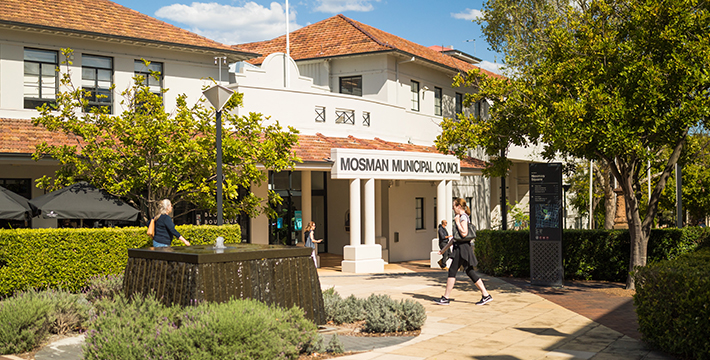For someone who grew up being shuffled from foster home to foster home, who learned to self-medicate with drugs & alcohol to cope with depression, post-traumatic stress disorder, or any number of other mental health issues, help can’t come fast enough. Social awareness of the impacts of these disorders has improved markedly in recent years however in the face of such highly complex issues our health system continues to lag behind. In situations such as this, a mental health plan and referral to a diploma qualified counsellor is just not enough.
Effective treatment can be thought of in terms of Six Critical Support Elements: addiction treatment, mental health support, legal support, social inclusion, meaningful engagement (employment) and housing support.
Disruption or instability in any one of these six areas can critically affect treatment progress, making it crucial to ensure that each area is simultaneously addressed.
“We’ve developed First Step’s multi-disciplinary model for Whole-Patient Care over 18 years of working at the coal face. What we know is that people with complex and chronic mental health and addiction need a collaborative team in their corner: a GP, a mental health professional, a legal team and people helping with social inclusion and a reason to get out of bed in the morning.” – First Step CEO, Patrick Lawrence
Within the public health system people requiring both mental health and addiction services struggle to find the coordinated support they need. The concept of team care is well understood in medicine; a cancer patient has A GP, an oncologist, an occupational therapist, a mental health worker, and a surgeon. However, someone suffering from addiction & the inevitable mental health decline (or someone who self-medicates with drugs and alcohol to manage their poor or undiagnosed mental health issues are often denied co-ordinated treatment. The result: further decline in health and well-being across all aspects of their lives.
Not surprisingly funding streams have been similarly isolated from each other. Addiction treatment is funded by the state government while mental health interventions are funded by the federal government. At a funding level this is starting to change (refer the most current mandates of the Primary Health Networks) however the legacy of this arrangement is that we still see mental health organisations not willing to treat people suffering from addiction, and addiction services not willing to treat people also suffering from severe mental health conditions.
Prof. Patrick McGorry, Head of the Expert Panel for the Victorian Royal Commission into Mental Health says “At First Step the approach is exactly right to tackle the tenacious co-existence of mental ill-health and drug and alcohol problems. It’s integrating drug and alcohol expertise with physical health and with mental health expertise, all under one roof, and it’s having really great results.”
In Victoria over 148,000 adults suffer from severe mental illness each year^, of these a significant number also suffer from chronic addiction. Effective treatment for this group not only creates significant opportunities for the people being helped but it also has enormous ramifications for family (particularly children) and friends. It decreases the demands upon the community medical and legal systems, it increases inclusivity and financial stability and in doing so it also increases safety for the wider community.
Last year First Step supported more than 2650 people providing more than 14,000 medical or caseworker consultations and saw over 170 people through the integrated criminal law practice.
On April 18th First Step will launch its annual fundraising campaign. Funds raised from this campaign will enable First Step to help its more than 2650 clients to maintain their treatment programs.
At First Step we believe that everybody deserves every chance to turn their lives around.
Patrick Lawrence, CEO First Step
To support the work of First Step go to www.firststep.org.au/donate or call







